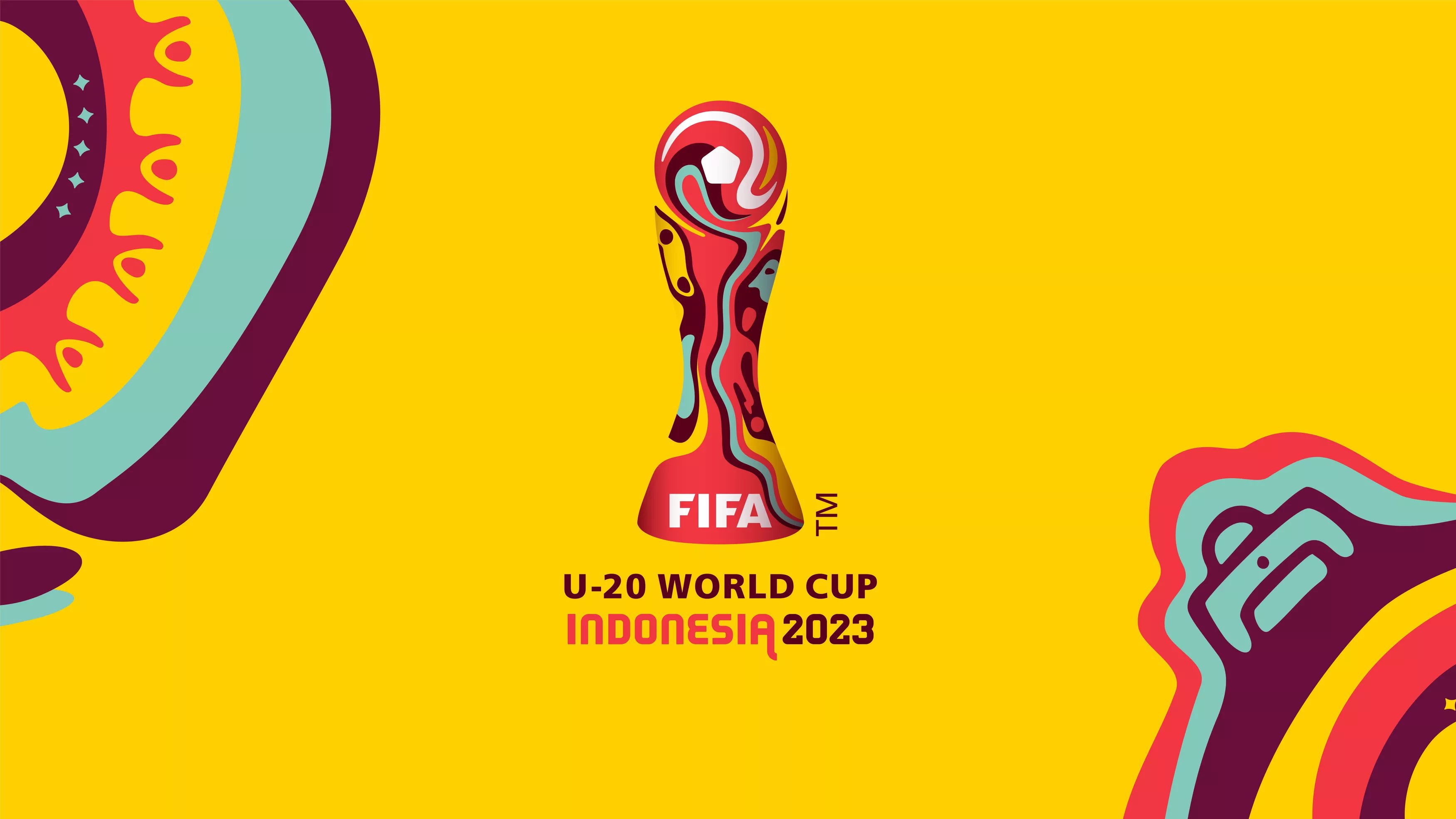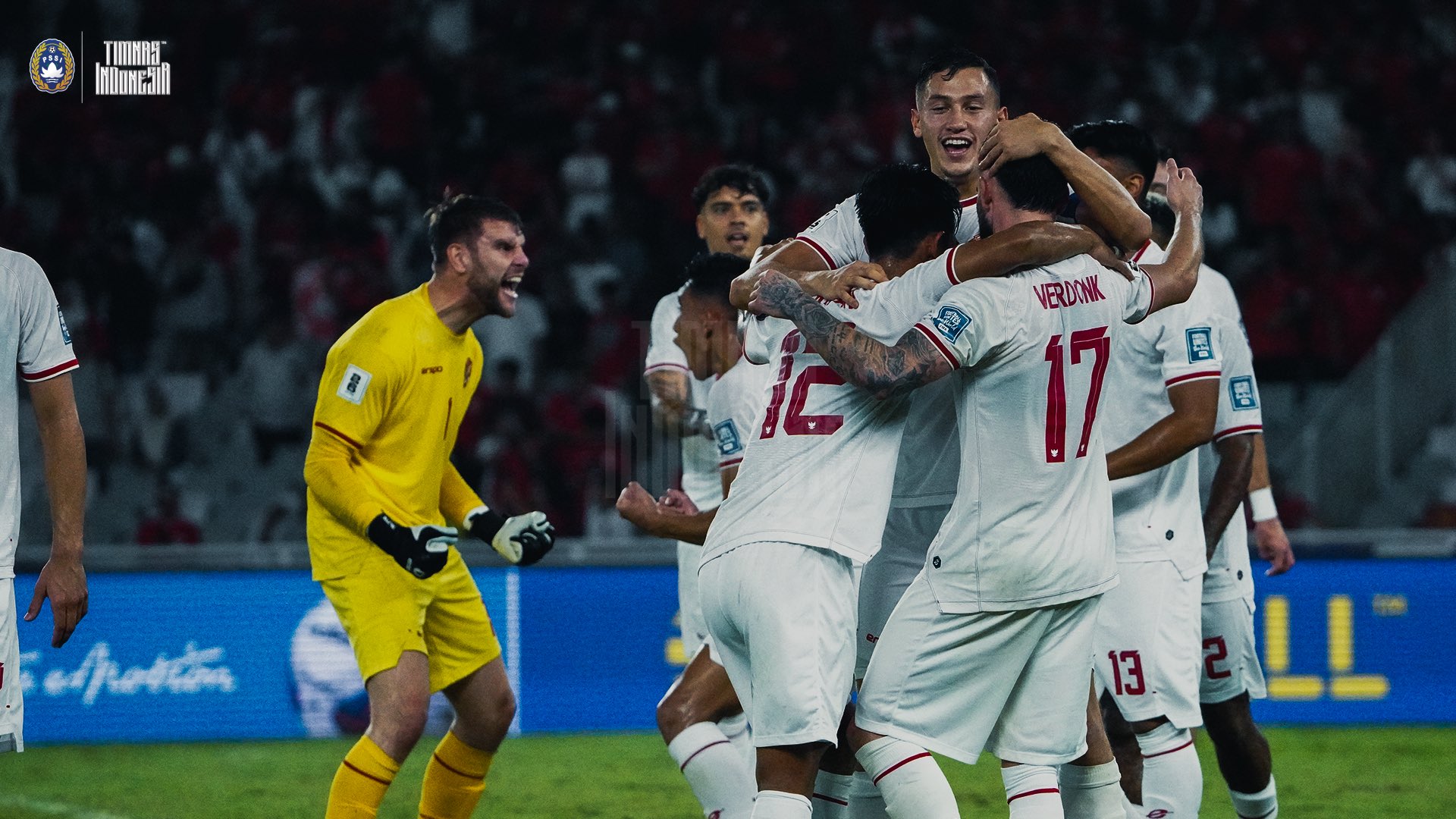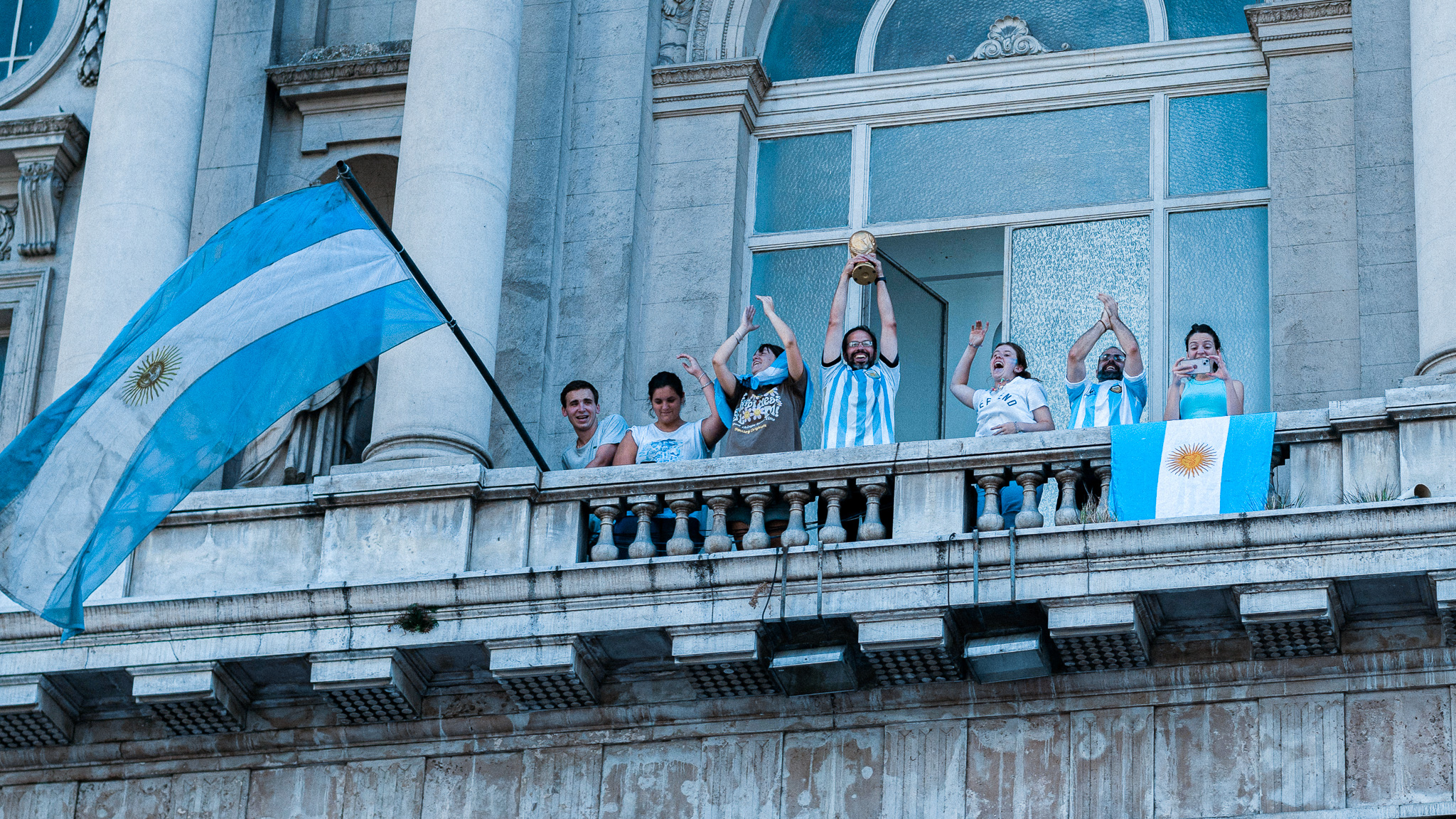What really happened in 2023 FIFA U-20 World Cup that was to be held in Indonesia?
April 18, 2023Contributor: Magello Fenis

As the U-20 World Cup approaches, millions of diehard football fans are eagerly anticipating the chance to cheer their national team.
The Indonesian U-20 National Football Team will soon have the opportunity to showcase their skills and compete against 23 other nations, all of whom have qualified through the FIFA intercontinental tournament process.
With the support of their passionate fans and hopes to advance Indonesian football in the world’s grandest stage, the Indonesian U-20 team is about to embark goals and bring pride and honor to their nation.
Until FIFA decided to cancel Indonesia hosting the tournament due to the controversial participation of the U-20 Israel National Team.
The FIFA U-20 World was set to be held in Indonesia from May 20 to June 11 this year. Actually, this tournament is originally scheduled in 2021 yet due to the pandemic, it was announced by FIFA that it would be rescheduled to a later date.
The World Cup is the most prestigious football tournament in the world. The U-20 division aims to nurture the brightest talents and future of the sport. Much like the 2022 FIFA World Cup in Qatar, this tournament held every four years. Competing in the world’s grandest stage is an opportunity for teams to bring glory and honor to their respective nations.
As the tournament approached, there were widespread protests and calls for the government to ban Israel from participating, with many Indonesians expressing solidarity with the Palestinian cause and opposition to Israel’s policies.
Currently, Indonesia does not have diplomatic relations with Israel and there have been previous instances where Israeli athletes were prevented from participating in sporting events in Indonesia. In 2018, Indonesia refused to issue visas to the Israeli badminton team for the World Junior Championships held in Jakarta.
Indonesia, the world’s largest Muslim-majority country in the world, has been a staunch supporter of the Palestinian people’s rights and has spoken out against the Israeli occupation with conviction.
Bali Governor Wayan Koster aired out his rejection against the Israel nation team from participating the tournament in Indonesia. He claims that the 1945 Constitution entails for the eradication of colonialism on the global stage as it goes against the values of humanity and justice.
Moreover, the potential of security threats should also be considered, he added. The Indonesian government had initially given assurances that it would provide security guarantees for all participating teams, including Israel, but concerns over the potential for protests and security threats from extremist groups led to uncertainty about the safety of Israeli athletes and officials.
It is worth noting that the aftermath of the tragic incident at Kanjuruhan stadium last year should be a reminder of the importance of safety and security measures at sporting events and other large-scale gatherings in Indonesia.
In this regard, the Indonesian Survey Institute (LSI) reports that 72% of the Indonesian public do not reject the participation of Israel in the tournament. Moreover, Prof. Djayadi Hanan, the head of the Ph.D. in Political Science Program at UIII who is also the LSI Executive Director said that the majority (82%) also believes that sports should not be mixed with politics.
“The survey was conducted to see the public’s response to the FIFA’s decision to cancel Indonesia as the host of the U-20 World Cup,” Prof. Hanan added.
Following the Indonesian authorities demand’ to prohibit Israel, FIFA opted to remove Indonesia from its status as host. However, FIFA has not yet declared a substitute host country. Indonesians expressed disappointment on social media in response to FIFA’s decision to revoke Indonesia host status.
In his public statement, President Jokowi expressed his disappointment together with the people of Indonesia while also expressing his optimism for a brighter future for Indonesian football.
- UIII Extends Application Deadline for 2025 International Admissions
- What Does Eid al-Fitr Mean for the UIII Academic Community?
- UIII PhD Scholar Ararat Kostanian Delivers Lecture at Armenia's Yerevan State University
- Swedish Ambassador to Indonesia Applauds UIII’s Vision, Explores Future Collaboration
- Depok Mayor Supports UIII as the Green Lung of Depok and Beyond
- Depok Mayor Pledges to Build Performance Hall at UIII
- New Parking Facility Launched, Part of UIII-Sentra Medika Hospital Partnership
- Yogyakarta’s UII Won 1st FisFastFest’s Clash of Campuses
- Vice Minister of Religious Affairs Praises UIII as a Global Hub for Islamic Education
- Hurray!! UIII Wins Football Championship


